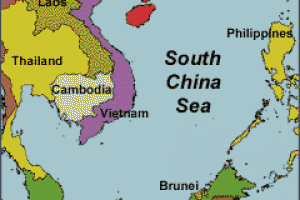Shoulda, Woulda, Coulda: U.S. Military Bombs in the Twenty-First Century
TomDispatch
Here’s my twenty-first-century rule of thumb about this country: if you have to say it over and over, it probably ain’t so. Which is why I’d think twice every time we’re told how “exceptional” or “indispensable” the United States is.









Spread the word